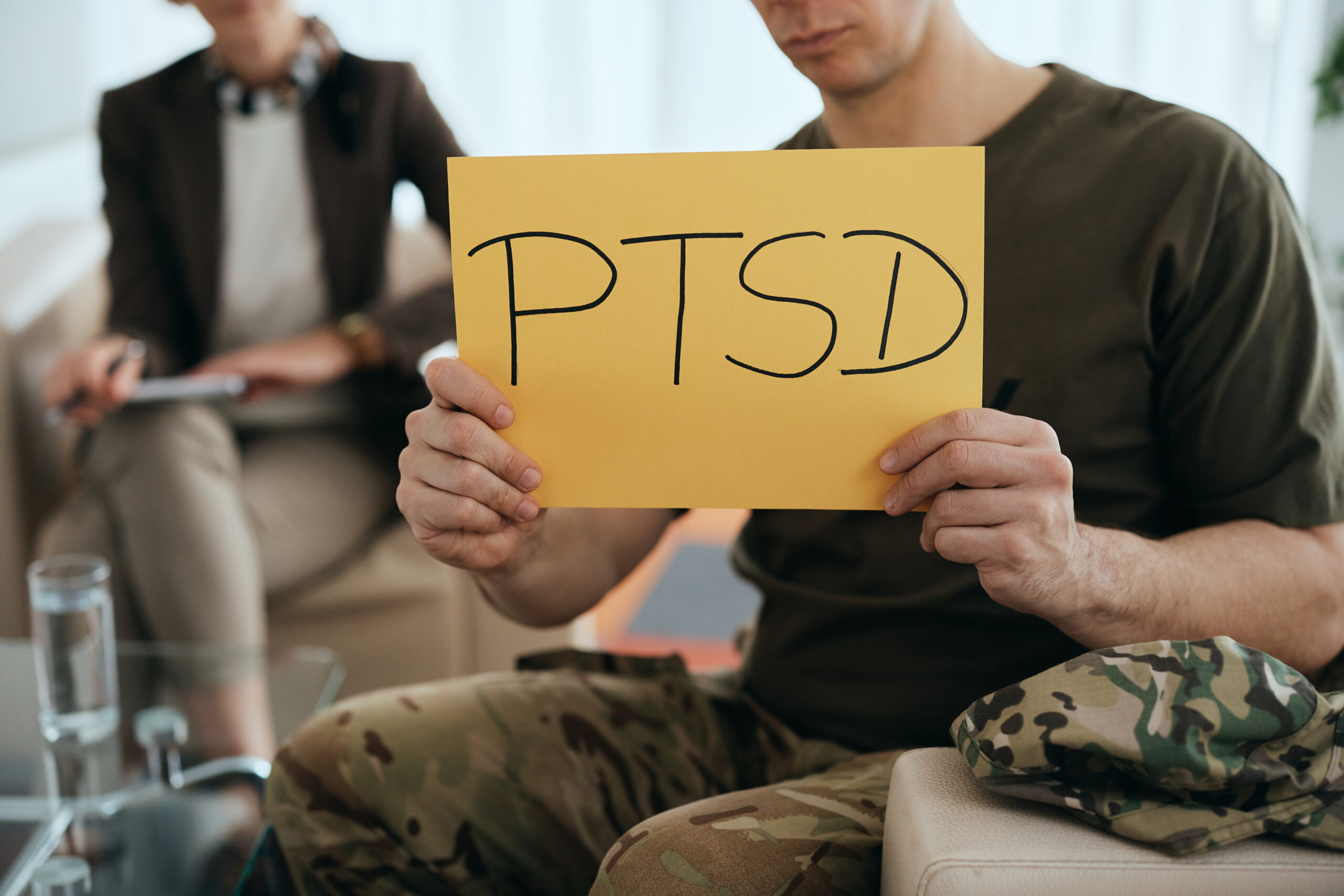New research suggests that trauma exposure can lead to significant changes in the brain, making…

Understanding Post-Traumatic Stress Disorder (PTSD)
If you are experiencing post-traumatic stress disorder (PTSD), you might feel uneasy about certain memories or often find yourself on high alert. PTSD can affect anyone who has gone through a traumatic event, including natural disasters, combat situations, sexual assault, or severe accidents. While it is common for individuals to have stress reactions following a traumatic experience, if those feelings persist or begin to disrupt your daily life, you may be facing PTSD.
The symptoms of PTSD are categorized into four primary groups. For more in-depth information about these symptoms:
Reliving the Event
You may find yourself experiencing nightmares, flashbacks that make you feel as though you’re reliving the event, or encountering trauma reminders—such as certain places, sounds, or smells—that provoke distress.
Avoidance
It’s common to avoid situations, locations, or individuals that trigger memories of the event. This might manifest as keeping yourself busy to escape thoughts of the trauma or choosing solitude because it feels easier than being around others.
Negative Changes in Feelings and Beliefs
You might observe shifts in your perspectives about yourself and those around you. Feelings of guilt or shame related to the traumatic experience may arise, along with a diminished interest in activities or relationships that once brought you joy.
Hyperarousal
You may feel excessively alert or on edge, struggle to concentrate, or experience a heightened sense of vigilance for potential danger.
If you believe you are experiencing any of these symptoms, don’t hesitate. Reach out to a mental health care provider who can assist you in identifying whether your feelings and behaviors might be linked to PTSD. Understanding if you have PTSD is the vital first step toward receiving effective treatment. There are various treatment options available that can help you start feeling better and regain control over your life, no matter how long you have been dealing with PTSD symptoms.
The VA’s National Center for PTSD provides a wealth of resources concerning PTSD and its treatment. By visiting their website, you can:
- Find assistance in locating a VA PTSD program or a mental health care provider
- Explore and compare various PTSD treatment options using the PTSD Treatment Decision Aid
- Read Understanding PTSD and PTSD Treatment if you have received a PTSD diagnosis
- Read Understanding PTSD: A Guide for Family and Friends if someone close to you has been diagnosed with PTSD
- Download the PTSD Coach mobile app, which helps you understand your symptoms, develop coping skills, and monitor your progress over time
- Take a self-screen to determine if your feelings and behaviors might be linked to PTSD
Remember, regardless of your situation, you are not alone. PTSD treatment is effective.
Be proactive and take the first step towards treatment today.



